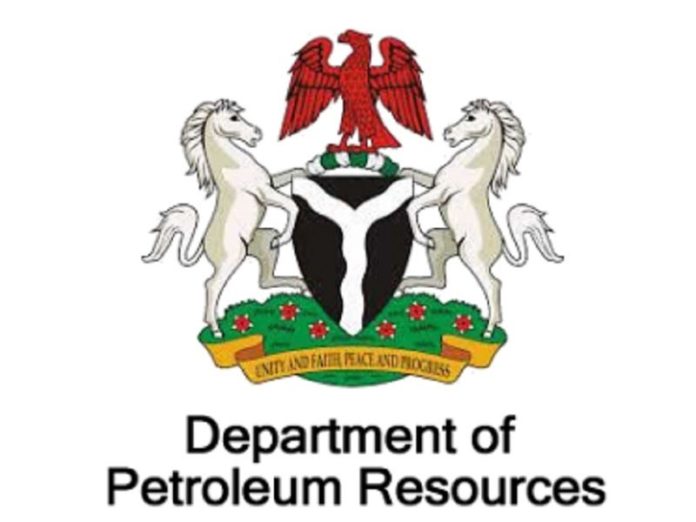… as FG hopeful of $5.7bn investment from marginal fields
The Department of Petroleum Resources (DPR) , Director , Auwalu Sarki, has disclosed that Nigeria has changed the way marginal oilfields are allocated to avoid legal problems that bedevilled a previous bidding round
Nigeria in early June launched its first bidding round for marginal fields – smaller blocks typically developed by domestic companies – in nearly 20 years. It hopes the round will boost oil output and bring in much needed revenues.
Sarki, while delivering a keynote address at the Africa Marginal Oilfield and Independent Producers Webinar Conference, said the conditions put in place will protect the interest of all investors, adding that any disagreement arising among awardees and their partners post-award would first be referred to the Nigerian Oil and Gas Alternative Dispute Resolution Centre in DPR.
The DPR, the petroleum regulator, has said none of the fields being awarded faced legal issues, but courts have blocked two fields that were revoked in April from being included in any new licensing round. Sources have said other legal challenges were expected from those holding 11 licences revoked in April.
Auwalu Sarki, said the previous round was “fraught with litigations and other challenges,” which hampered the development of some of the oilfields, but added authorities had learned from previous mistakes.
“This time around, our awardees will be credible investors with technical and financial capability,” Sarki said on Monday while addressing the Africa Marginal Oilfield and Independent Producers Webinar Conference.
“There is also the Post-General Award Conditions. This deals with transfer of interest post award. It means awardees cannot transfer more than 49% interest to another party post-award.”
He said the conditions also allow the petroleum minister to withdraw the interest of a party that fails to meet its obligations in terms of joint awardees.
However, If the Federal Government succeeds with its on-going bid rounds for the 57 marginal oilfields being offered to investors, it might be able to attract about $5.7billion into the economy.
Although the Department of Petroleum Resources (DPR) did not put a specific cost to each oilfield, the regulator however said the fields have lower cost of investment of between $50 and $100 million, and risk of development compared to major capital projects.
If it successfully gets investors to stake the maximum on the oil fields, the 57 fields may earn Nigeria additional $5.7billion, an income higher than the loans the Federal Government sought from the Bretton Woods institutions within the last few months to address the effects of the coronavirus pandemic.
While awaiting fresh World Bank loans, the recent Senate’s approval of President Muhammadu Buhari’s $5.513 billion loan request bumped Nigeria’s external debt profile to $33.18 billion.
The DPR however noted that the bid rounds are real and not just a money-making venture for the Federal Government without encouraging production.
“If we want to raise funds, we could have asked the NNPC to divest from some assets to raise money. We need serious investors and that is why we are not imposing high costs on the forms; it has taken 17 years to get to this point,” said the Director, DPR, Auwalu Sarki.
To avert situations where investors are edged out of deals after securing the oilfields, the DPR said it has activated sustainability plans for the marginal field programme.

























